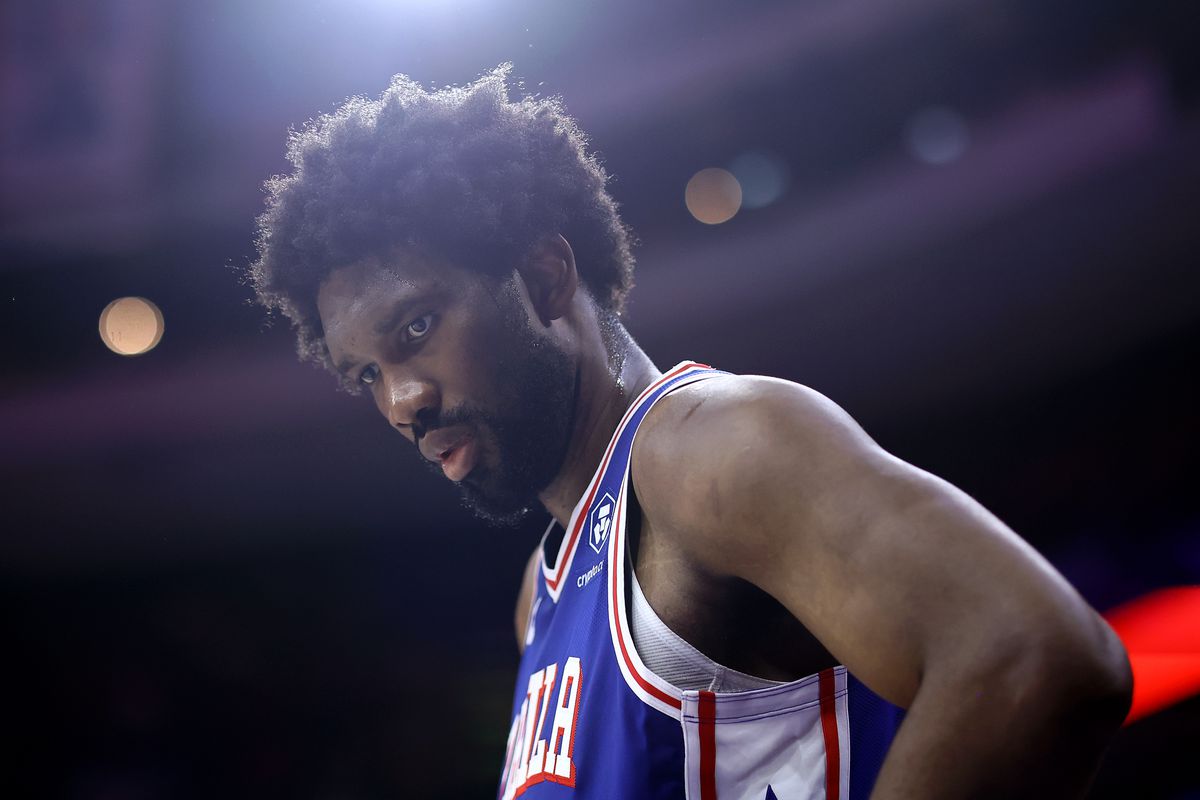JUST IN: Philadelphia 76ers star Joel Embiid has ended his three-year contract, a move that has sent shockwaves through the NBA community. Several factors likely contributed to this surprising development, including performance considerations, team dynamics, financial implications, and personal reasons.
Performance and Health: Joel Embiid, while an exceptionally talented player, has had a career marred by injuries. Consistent health issues could have played a significant role in the decision to end his contract. If the 76ers felt that Embiid’s ability to contribute was hampered by his health, they might have chosen to move in a different direction. Conversely, Embiid himself might have sought an environment where he could manage his health better or felt that his long-term career prospects would benefit from a change.
Team Dynamics and Strategy: The 76ers are constantly evaluating their roster to build a championship-caliber team. Changes in team strategy, coaching staff, or the emergence of other players could have influenced this decision. If the team decided to pivot to a different playing style or build around other talents, Embiid’s role might have become less central. Alternatively, Embiid might have felt that the team’s direction was not aligning with his career goals and aspirations.
Financial Considerations: The NBA operates under a salary cap, and teams must manage their financial commitments carefully. Ending Embiid’s contract could free up significant cap space, allowing the 76ers to pursue other players in free agency or trades. For Embiid, exploring free agency could offer lucrative opportunities elsewhere, where teams are willing to invest heavily in his talent despite his injury history.
Personal Reasons and Mutual Agreement: Sometimes, contract terminations are the result of mutual agreement. Embiid may have personal reasons for wanting to leave, such as a desire for a new challenge, a change of scenery, or personal considerations. Both the player and the team might have agreed that parting ways was in their best interests, leading to a negotiated settlement.
Market Dynamics and Trade Opportunities: The NBA is a dynamic league with constant player movement. There might have been significant trade interest in Embiid, prompting the 76ers to explore these opportunities. A trade could benefit both Embiid, who might join a contending team, and the 76ers, who could receive valuable assets in return.
In conclusion, Joel Embiid’s contract termination with the Philadelphia 76ers likely resulted from a combination of performance and health concerns, team dynamics, financial considerations, personal reasons, and market opportunities. This multifaceted decision underscores the complex nature of NBA roster management and the evolving priorities of both players and teams.

Leave a Reply